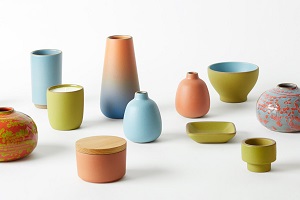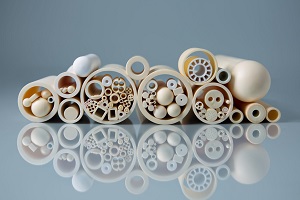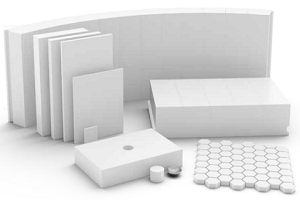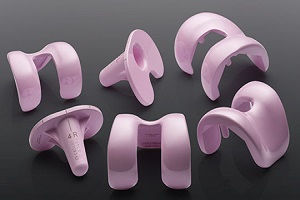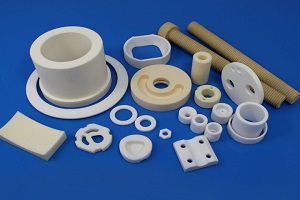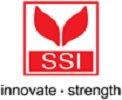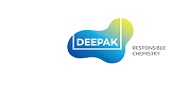Get a Project Report
Top Lucrative Business Ideas for Startups
GLOBAL CERAMICS INDUSTRY:
Ceramic is a solid substance made up of inorganic compounds with metal, non-metal, ionic, and covalent bonds. Chemical inertness, high melting temperatures, hardness, and poor electrical and thermal conductivity are some of its characteristics. Ceramics’ characteristics are determined by their crystalline structure and chemical makeup. Ceramics’ rising use in a variety of applications, owing to its qualities, is likely to fuel the ceramics market’s rise. Ceramics are commonly used in the construction industry to make tiles, bricks, pipes, and sanitary products. Due to qualities such as toughness, hardness, electrical resistance, and chemical inertness, ceramic is the most chosen material. The ceramics market will grow as demand for ceramics for various uses in the building and construction industry grows.
INDUSTRIAL CERAMICS MARKET:
Industrial ceramics encompass a wide range of goods that are used in a variety of industries, including automotive, aerospace and aviation, power, oil and gas, healthcare, and other industrial sectors. Mechanical seals, ceramic bearings, valves, and sensors manufactured of industrial ceramics are used in the automotive industry. For example, Yttria Stabilized Zirconia, a high-strength ceramic material, is suited for pump components such as fuel injectors and engine mechanical seals that require long-term endurance. Critical components such as the rotor and stator in industrial equipment such as pumps are made of industrial ceramics, especially in applications involving the transport of high-temperature fluids.
INDIAN MARKET OUTLOOK:
In India, the ceramic market is divided into organised and unorganised firms in a 40:60 ratio. As a result, 60 percent of the business is unorganised and centred primarily in Gujarat. Family-owned enterprises and manufacturers dominate the Indian ceramics industry. These are fairly large producers, which means there is a lot of competition on the market. There are 500 family-owned companies and 15 formally organised manufacturers in the area. Morbi, Gujarat, has a large number of unorganised players. Furthermore, Morbi produces 70% of the tiles, which are then shipped to Africa and the Gulf. Typically, tiny unorganised businesses form collaborative ventures with major corporations, and both parties contribute knowledge. Vitrified tiles, digital wall tiles, glazed tiles, porcelain tiles, quartz tiles, and mosaic tiles are among the product varieties offered by Indian companies. Ceramic tiles are divided into two categories: glazed and unglazed tiles.
GLOBAL MARKET OUTLOOK:
The Global Ceramics Market is expected to develop at a healthy 8.6% CAGR. 3D printing, also known as additive manufacturing, has become a popular application field for sophisticated ceramics products. Advanced ceramic materials such as alumina and zirconium are expected to rise in popularity as the technology is increasingly used in dental implants. Because of its superior structural qualities and compatibility with human tissues, alumina is expected to dominate the market. Other industries, such as medical and automotive, are growing their demand for ceramics. Biocompatible ceramics, often known as bio ceramics, are utilised in the medical business for surgical bone implants, tooth replacement, and bone reconstruction. Ceramics are used in sensors, catalytic converter substrates, and other electrical and mechanical components in automobiles. Ceramics’ wide range of applications in these end-use sectors is likely to boost the ceramics market’s growth.
TOP PLAYERS WORLDWIDE:
- Granitifiandre SPA
- Kajaria Ceramics Limited
- Saint-Gobain
- Somany
- Corning Inc.
- Nitco Limited
- Asahi Glass Co., Ltd. (AGC)
- Orientbell Limited
- Morimura Group
- Asian Granito India Limited

